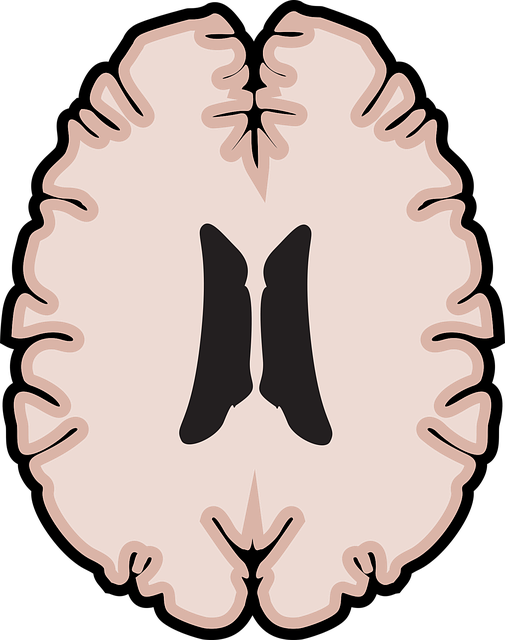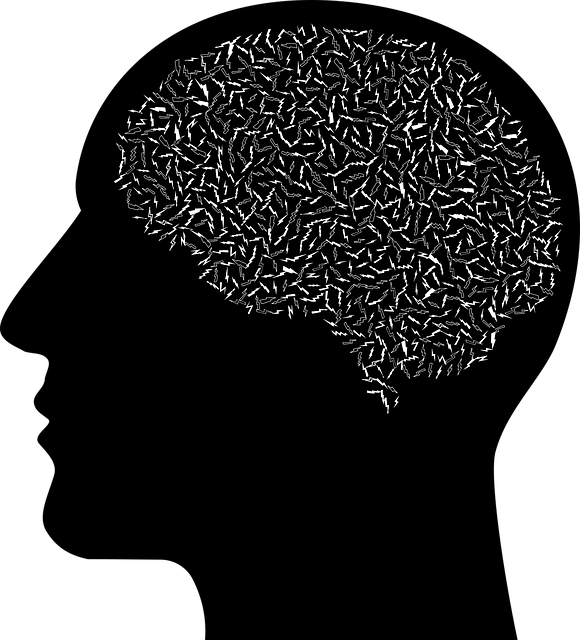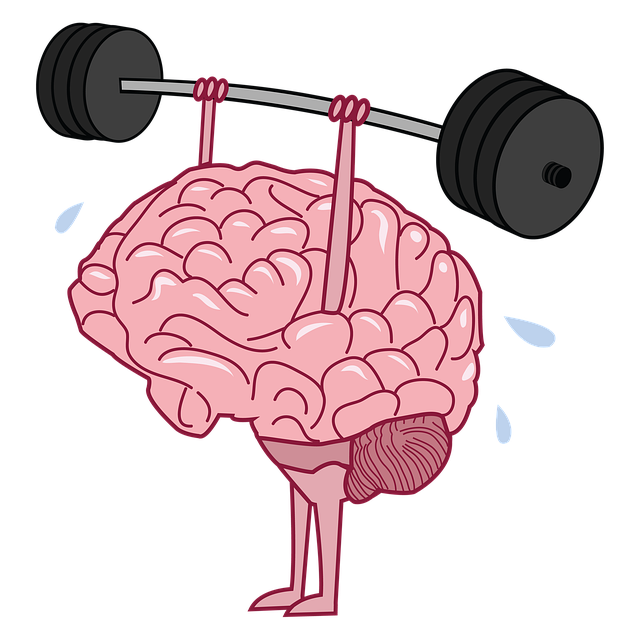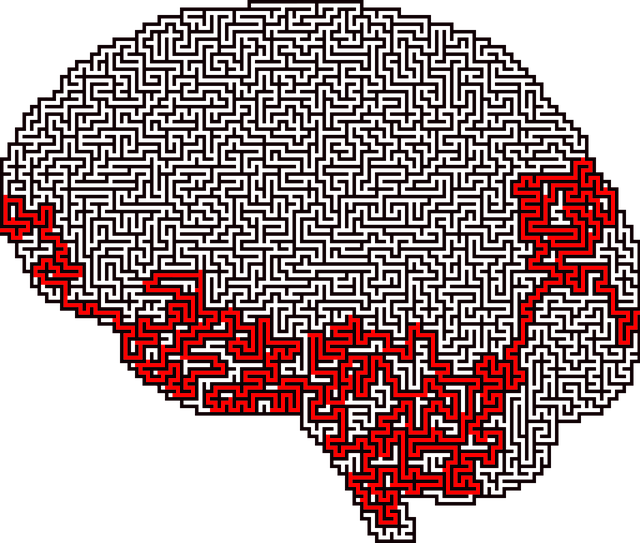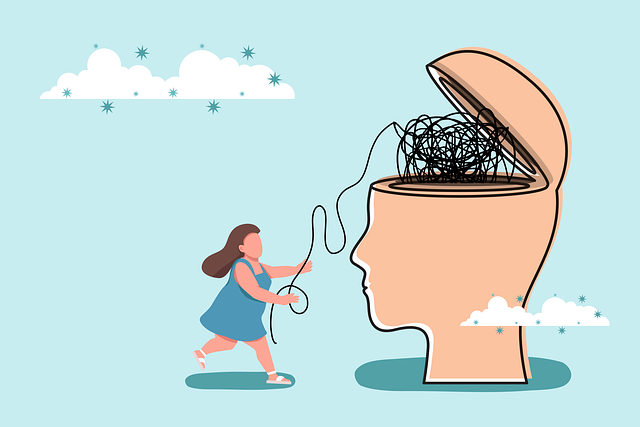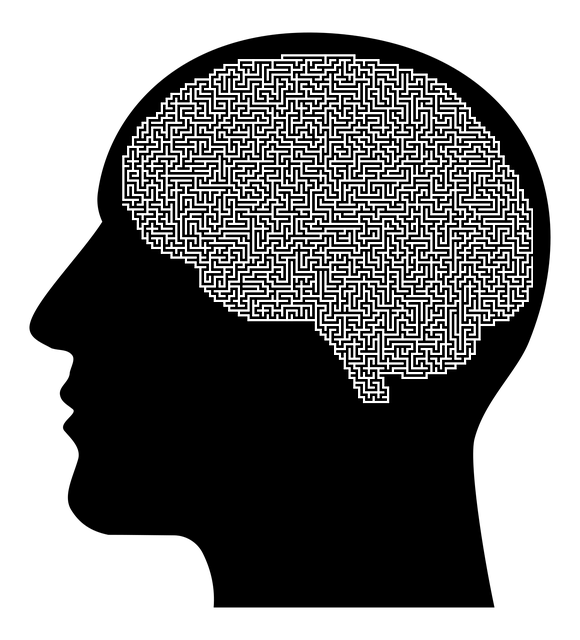Mental illness stigma within Boulder's Mandarin Chinese-speaking community is addressed by Boulder Mandarin Chinese Speaking Therapy, offering culturally sensitive therapy in Mandarin. They break language barriers and challenge cultural differences in mental health understanding. Through safe spaces, coping skills, and education, they empower individuals to seek help and dispel myths. Their initiative includes public awareness campaigns, workshops, and online platforms, fostering support and improving emotional regulation. This specialized service not only benefits individuals but also drives Mental Health Policy advocacy, creating an inclusive environment where everyone can access necessary mental health care.
Mental illness stigma remains a significant barrier to seeking help, yet efforts to reduce it are gaining momentum. This article explores strategies to combat stigma through cultural sensitivity, community engagement, and education, focusing on Boulder Mandarin Chinese Speaking Therapy as a unique approach serving a diverse population. We discuss the profound impact of stigma on mental health and highlight accessible therapy services as a game-changer in fostering an inclusive environment for all.
- Understanding Stigma and its Impact on Mental Health: A Focus on Cultural Sensitivity with Boulder Mandarin Chinese Speaking Therapy
- Strategies for Reducing Stigma: Engaging the Community and Promoting Education
- The Role of Accessible Therapy Services in Overcoming Stigma: A Case for Boulder Mandarin Chinese Speaking Therapy
Understanding Stigma and its Impact on Mental Health: A Focus on Cultural Sensitivity with Boulder Mandarin Chinese Speaking Therapy

Mental illness stigma, deeply rooted in societal perceptions, significantly impacts individuals’ willingness to seek help and overall mental health outcomes. Stigma often manifests as prejudice, discrimination, or negative attitudes toward people with mental health conditions, leading to social exclusion and marginalization. This is particularly pronounced within diverse cultural communities, where language barriers can exacerbate the problem. In Boulder, the Mandarin Chinese-speaking community faces unique challenges due to cultural differences in understanding mental health, which can hinder access to adequate support.
Boulder Mandarin Chinese Speaking Therapy emerges as a culturally sensitive initiative aimed at reducing stigma and promoting well-being within this specific demographic. By offering therapy services tailored to meet the linguistic and cultural needs of Mandarin speakers, this program facilitates open dialogue about mental health. Therapists who share similar cultural backgrounds or are proficient in Mandarin create safe spaces for individuals to express their struggles, fostering better understanding and empathy. Through coping skills development, emotional regulation techniques, and communication strategies, participants gain valuable tools to navigate life’s challenges while challenging stigmatizing beliefs prevalent in their communities.
Strategies for Reducing Stigma: Engaging the Community and Promoting Education

Reducing stigma surrounding mental illness requires a collective effort to engage communities and promote education. One effective strategy is organizing public awareness campaigns that focus on dispelling myths and sharing accurate information about mental health conditions. These campaigns can utilize various media, such as social events, workshops, and online platforms, to reach a diverse audience. For instance, the Boulder Mandarin Chinese Speaking Therapy initiative has successfully engaged the local community by offering cultural-specific support and education, targeting hard-to-reach populations like immigrants and refugees.
Community engagement goes hand in hand with education. Schools, workplaces, and community centers can play vital roles in fostering understanding through workshops, seminars, and training sessions. Teaching coping skills development and self-care routine development for better mental health is essential in reducing stigma. By equipping individuals with knowledge and tools to manage their well-being, these efforts empower people to seek help without fear of judgment. Such educational programs can lead to a more supportive environment where mental illness is normalized and treated with compassion.
The Role of Accessible Therapy Services in Overcoming Stigma: A Case for Boulder Mandarin Chinese Speaking Therapy

In the ongoing efforts to reduce the stigma surrounding mental illness, accessible therapy services play a pivotal role in creating an inclusive environment for those seeking support. One such innovative approach gaining traction is Boulder Mandarin Chinese Speaking Therapy, tailored to meet the unique needs of culturally diverse communities. By offering therapy sessions conducted entirely in Mandarin Chinese, this initiative addresses the language barrier that often deters individuals from accessing mental health care. Such specialized services recognize and respect cultural differences, fostering a sense of comfort and encouraging open discussions about emotional well-being.
The impact of this approach extends beyond individual relief; it contributes to broader Mental Health Policy Analysis and Advocacy efforts by highlighting the importance of culturally sensitive Mental Health Education Programs Design. By integrating Boulder Mandarin Chinese Speaking Therapy into the fabric of mental health support, communities can experience improved Emotional Regulation, leading to better overall mental health outcomes. This strategy not only helps individuals overcome internalized stigma but also encourages societal acceptance, paving the way for a more inclusive and supportive environment for everyone in need of mental health services.
Mental illness stigma reduction is a multifaceted approach, and Boulder Mandarin Chinese Speaking Therapy exemplifies the power of accessible, culturally sensitive services. By engaging communities and promoting education, we can foster an environment that supports mental health openly. The case for Boulder Mandarin Chinese Speaking Therapy underscores the importance of diverse therapy options, ensuring no one faces mental health challenges in isolation or with undue shame. Together, these efforts can revolutionize how society perceives and addresses mental illness, ultimately enhancing well-being for all.


